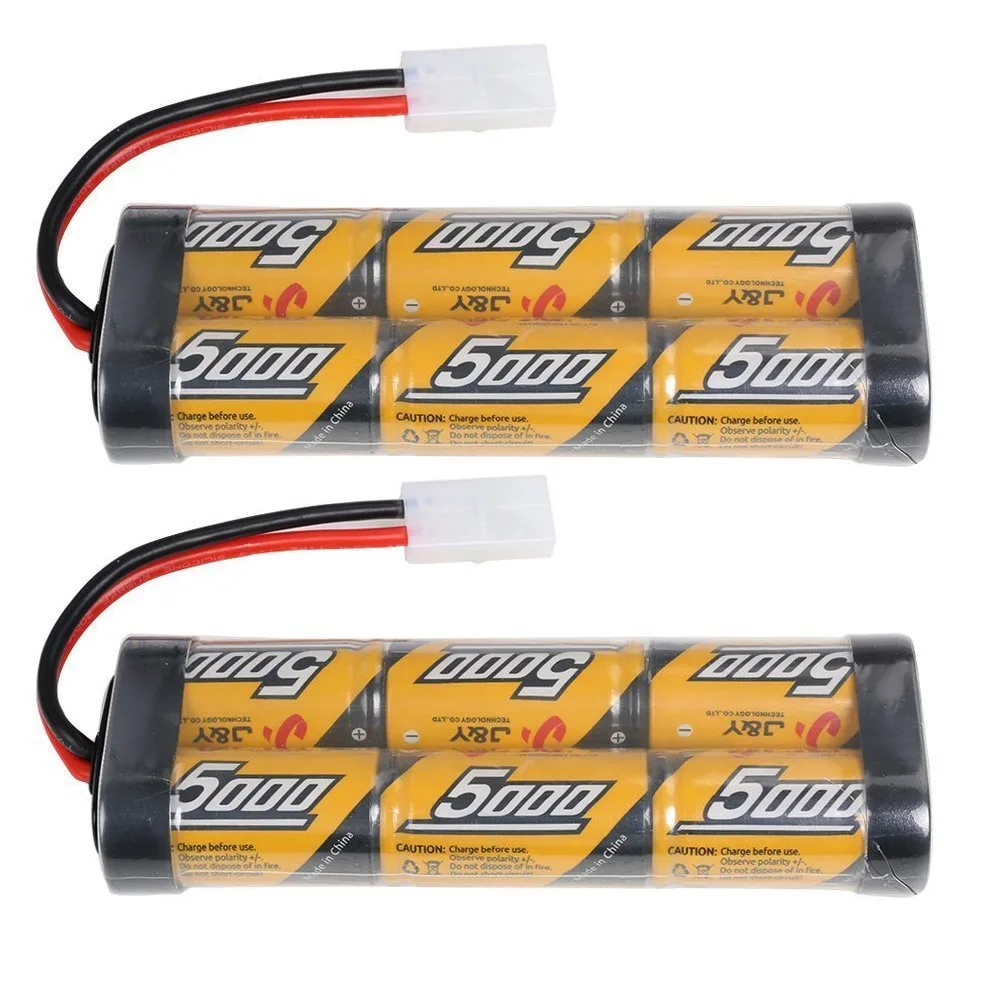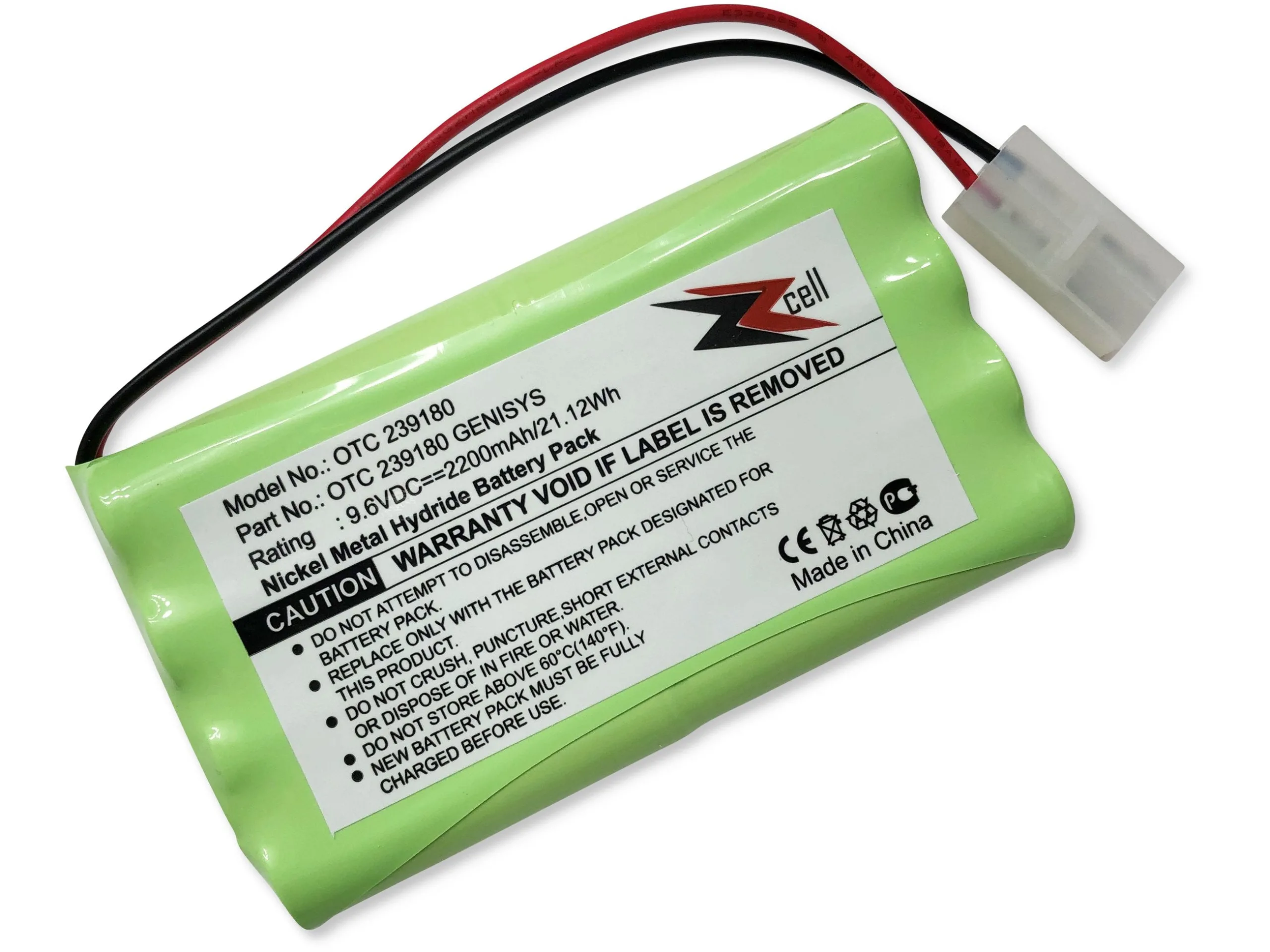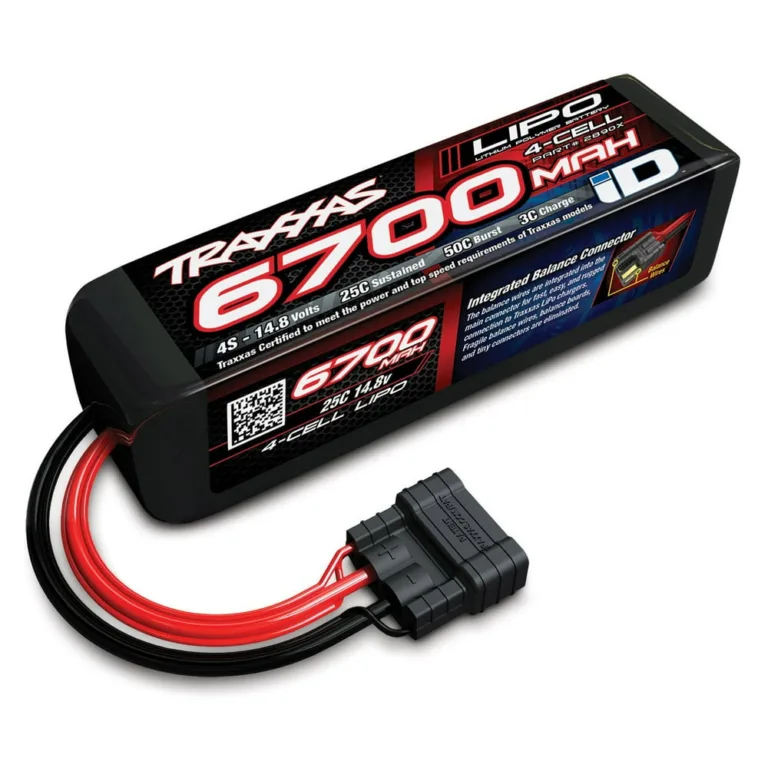
When it comes to enjoying your remote-controlled adventures, understanding your RC car battery can significantly enhance your experience. In this post, we will explore essential tips to extend the life of your RC car battery, ensuring it lasts through every thrilling race. From identifying the best RC car battery for your needs to the differences between various RC car battery types, we’ll arm you with insights that will help you get the most out of your equipment. Additionally, we will delve into the efficacy of using a RC car battery charger and how long a typical 5000mAh battery will last. By the end of this article, you’ll be well-prepared to keep your RC car running at peak performance for longer!
What is RC on a car battery?
The term “RC” refers to “radio-controlled” when discussing RC car batteries. This technology enables precise control of miniature vehicles, allowing enthusiasts to enjoy an exhilarating driving experience. Understanding the specifics of an RC car battery is essential to ensure optimal performance and longevity.
Key Features of RC Car Batteries:
| Feature | Description |
|---|---|
| Power Capacity | Measured in milliamp hours (mAh), indicating how long the battery can supply power. Higher ratings like 5000mAh offer longer run times. |
| Voltage | Commonly comes in various voltages (like 7.4V or 11.1V), affecting speed and performance in RC cars. |
| Chemistry Types | Main kinds include LiPo (Lithium Polymer), NiMH (Nickel Metal Hydride), and Li-ion. Each has its pros and cons. |
Battery Types Overview:
- LiPo Batteries: Light, provide high discharge rates, and have a significant power-to-weight ratio. However, they require a proper RC car battery charger for safe charging.
- NiMH Batteries: Safer and more durable but typically heavier and may have lower power output.
- Li-ion Batteries: Similar to LiPo but with different voltage and capacity characteristics. Suitable for certain RC applications.
Choosing the best RC car battery depends on your desired performance and vehicle requirements. Always pair it with an appropriate RC car battery charger to maintain performance and extend its lifespan.

Which Battery is Best for an RC Car?
Choosing the best rc car battery for your remote-controlled vehicle can significantly enhance its performance and longevity. Various types of batteries are available, each with unique characteristics and benefits.
Battery Types
- NiMH (Nickel Metal Hydride)
- Pros: Affordable, reliable, and compatible with most RC cars.
- Cons: Heavier and lower power output compared to LiPo batteries.
- LiPo (Lithium Polymer)
- Pros: Lightweight, high energy density, and excellent power output. Ideal for racing and performance RC cars.
- Cons: Requires careful handling and proper charging to prevent damage.
- NiCd (Nickel Cadmium)
- Pros: High discharge rates and robust durability.
- Cons: Memory effect can limit battery life and overall capacity.
Important Considerations
“While selecting the right battery, consider your specific RC car’s demands, as well as your personal preferences.”
| Battery Type | Voltage | Capacity | Application |
|---|---|---|---|
| NiMH | 6-7.4V | 2000-5000mAh | General use, beginners |
| LiPo | 7.4-22.2V | 1500-8000mAh | Racing, high-performance cars |
| NiCd | 6-8.4V | 600-3000mAh | Heavy-duty use, older models |
Additionally, pairing the rc car battery charger with your chosen battery type is essential. This ensures optimal charging times and safety. Choose a charger designed specifically for your battery type, whether LiPo or NiMH, to extend both performance and lifespan.
How Long Does a 5000mAh RC Car Battery Last?
When determining how long a 5000mAh RC car battery lasts, several factors come into play, including the type of battery, the model of your RC car, and your driving habits. Here’s a breakdown to help you understand the potential runtime:
- Battery Type: Different RC car battery types yield varying performance.
- LiPo Batteries: Often provide higher discharge rates and can last approximately 15-30 minutes based on usage.
- NiMH Batteries: These might offer about 10-25 minutes of runtime.
- Driving Conditions: More aggressive driving styles or rough terrain can drain the battery faster.
- Car Model: Lighter models typically consume less power, enhancing battery life, while heavier models or those with higher speeds tend to use more.
Here’s a comparison table for clarity:
| Battery Type | Average Runtime | Usage Tips |
|---|---|---|
| LiPo | 15-30 minutes | Maintain proper charge and discharge levels. |
| NiMH | 10-25 minutes | Regular maintenance can improve longevity. |
To maximize the performance of your RC car battery charger, ensure it is compatible with the battery type used. Regularly monitoring your battery and following proper care techniques will help you enjoy optimal driving times and extend the overall lifespan of your 5000mAh RC car battery.
Can You Use 18650 Batteries in an RC Car?
Absolutely! Using 18650 batteries in your RC car is not only possible, but it can also be a smart choice. These lithium-ion cells have become popular due to their compact size, lightweight, and impressive energy density. However, it’s vital to understand how to utilize them correctly in your setup for optimal performance.
Benefits of Using 18650 Batteries
- High Capacity: Many 18650 batteries have a capacity between 2000mAh to 3500mAh, which provides considerable run time.
- Discharge Rate: These batteries often come with high discharge rates, making them suitable for high-performance applications.
- Rechargeable: They’re recyclable and can endure many charge cycles when paired with the right rc car battery charger.
Key Considerations
| Feature | Importance |
|---|---|
| Size | Ensure they fit in your RC car’s battery compartment. |
| Voltage | Confirm compatibility with your RC car’s requirements. |
| Connection Type | Use proper connectors to avoid any short circuits. |
| Quality | Choose reputable brands for longevity and safety. |
As you enhance your RC experience, remember to pair these batteries with the best rc car battery charger to maximize their lifespan. By integrating 18650 batteries, you’re not only upgrading your vehicle’s power source but also extending the life of your setup. “Using 18650 batteries can redefine your RC driving experience, offering both performance and reliability.”

Frequently Asked Questions
What are the best practices for charging my RC car battery?
To ensure your RC car battery lasts as long as possible, it’s crucial to follow best charging practices. Always use a compatible charger specifically designed for your battery type, whether it’s LiPo, NiMH, or another chemistry. Avoid overcharging by setting a timer or using a smart charger that stops automatically. Additionally, charge your batteries in a safe environment, away from flammable materials, and only do so when they are at room temperature—charging a cold battery can affect its performance.
How often should I discharge and recharge my RC car battery?
Regular maintenance of your RC car battery involves discharging and recharging it appropriately. For optimal life extension, it is advisable to fully discharge your battery and then recharge it every 30 days if you are not using it frequently. However, do not fully discharge a LiPo battery, as this can lead to damage; aim to stop discharging at about 3.3 to 3.7 volts per cell. Keeping a consistent cycle helps maintain battery health and performance.
What temperature should I store my RC car battery at?
Storing your RC car battery at the correct temperature is vital for prolonging its lifespan. Ideally, store your batteries in a cool, dry area with temperatures ranging between 32°F (0°C) and 70°F (21°C). Extreme temperatures can lead to diminished performance and capacity. Additionally, avoid direct sunlight and humidity, which can adversely affect the battery’s chemical structure. If possible, use a storage charge mode for LiPo batteries, typically around 3.8 volts per cell, to prevent any potential damage during storage.
How can I tell if my RC car battery is losing its effectiveness?
Recognizing when your RC car battery is losing effectiveness is crucial for maintaining performance. Symptoms include reduced run time, slower speeds, and difficulty holding a charge. If you notice that your battery drains significantly faster than usual or takes an unusually long time to charge, it may be losing capacity. Additionally, physical signs such as bulging or leaking indicate serious issues and should be addressed immediately, as they can be hazardous.
